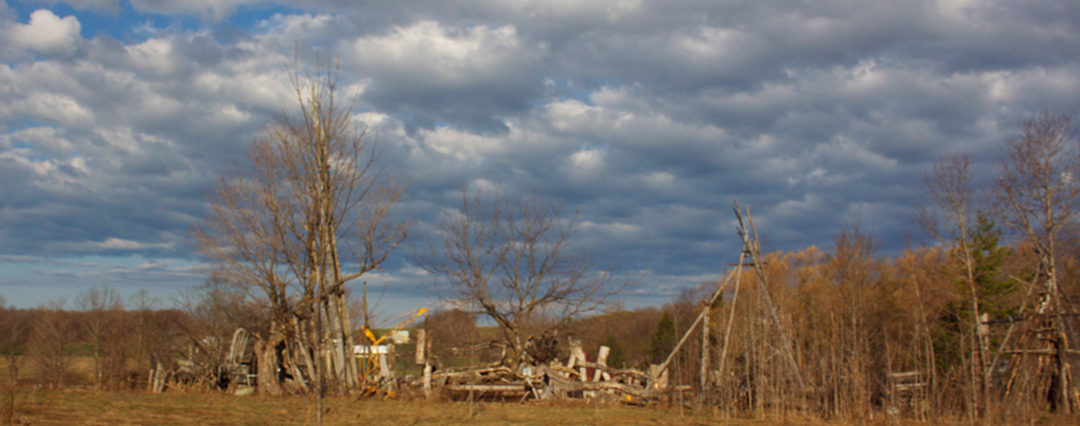I’ve had a lot of therapy in my life, and I’ve always idealized self-discovery as one of the most meaningful activities of our human existence. At 16, my role model was a radical psychotherapist who got deeper and deeper into C.G. Jung. At 20, I took on the path of becoming a psychotherapist myself, studied comparative religion and performance arts, lived in communities dedicated to therapy, and studied at the Centre for Training in Psychotherapy (CTP) in Toronto. Along the way, however, I concluded I didn’t want to be a psychotherapist and dropped out of training.
I’m still in therapy, twice a week, with Judy, one of the core faculty of the CTP. Hers is a psychodynamic, psychoanalytically-based modality where we sit face to face and talk, don’t touch. We observe my impulses and emotions in order to understand the dynamics that get in the way of my true self. We witness my capacity for intimacy shift through our relationship and my reports on other relationships. In our relationship, we allow tension to build in order to reveal the details of my longings and my needs, and the ways I deny them. My practicing, over and again, being more truly myself is an iterative process, like tending a garden. We have worked for years at removing my defenses so I can better see what drives me and what I fear, and we’re not done. However, the richness of the process is showing massive dividends in my capacity to be wholly present, empathetic, and honest.
I was introduced to Ross, to this group, by my partner Gwen, who has participated and trained in this context for a couple of decades. I have attended 4-5 weekend sessions so far. I thrive in the midst of this group of people whose intention is to be wholly present, leading with the heart. But what brings me back, other than a context to be with Gwen, mainly, is my relationship with Ross, the leader of the group. Around Ross, I feel I can explore my longings for a male authority who is emotionally accessible.
I feel critical of how he works, of the plethora of books, of the recipes. I have not fully explored “picking a fight” with him yet, but I feel an itch to “get into it”. I’m not clear (yet) whether “getting into it” would be profitable, revelatory, or whether this tension is principally a way for me to keep him at an emotional arms-length. I’m deeply attracted to opening up to his guidance not because I actually subscribe to his teachings, but because I’m touched by his intention to serve. He’s transparent in his humanity, that he needs, that he may be touched by others, that he’s not “finished” despite practicing what he teaches for decades. He’s accessible to be both a friend and a mentor. It’s a tricky tight-rope act, and I find it exhilarating. So I want to engage, and in doing so I affirm my own sense of agency. He wants my support and I want his — it’s an honest arrangement.
I believe this environment is very rich in permissiveness to be authentic, to be open. It’s safe to be vulnerable here, and that is precious!
The community’s effort to form a cohesive organization is a rich exercise for the mind and the heart, and it’s a way to give to the world bigger than just by oneself. Whether the effort actually yields a self-sustaining, coherent entity in the end is secondary, in my opinion. The process itself is the gift: The attentiveness, the cooperation, the problem solving, the countless opportunities to practice empathy during the dysfunctional meetings.
The theories about human nature behind this communal endeavour have a minor impact on why I keep coming back here. It’s the people’s intention to lead with the heart and create time for supportive encounters that feed me here.


Recent Comments